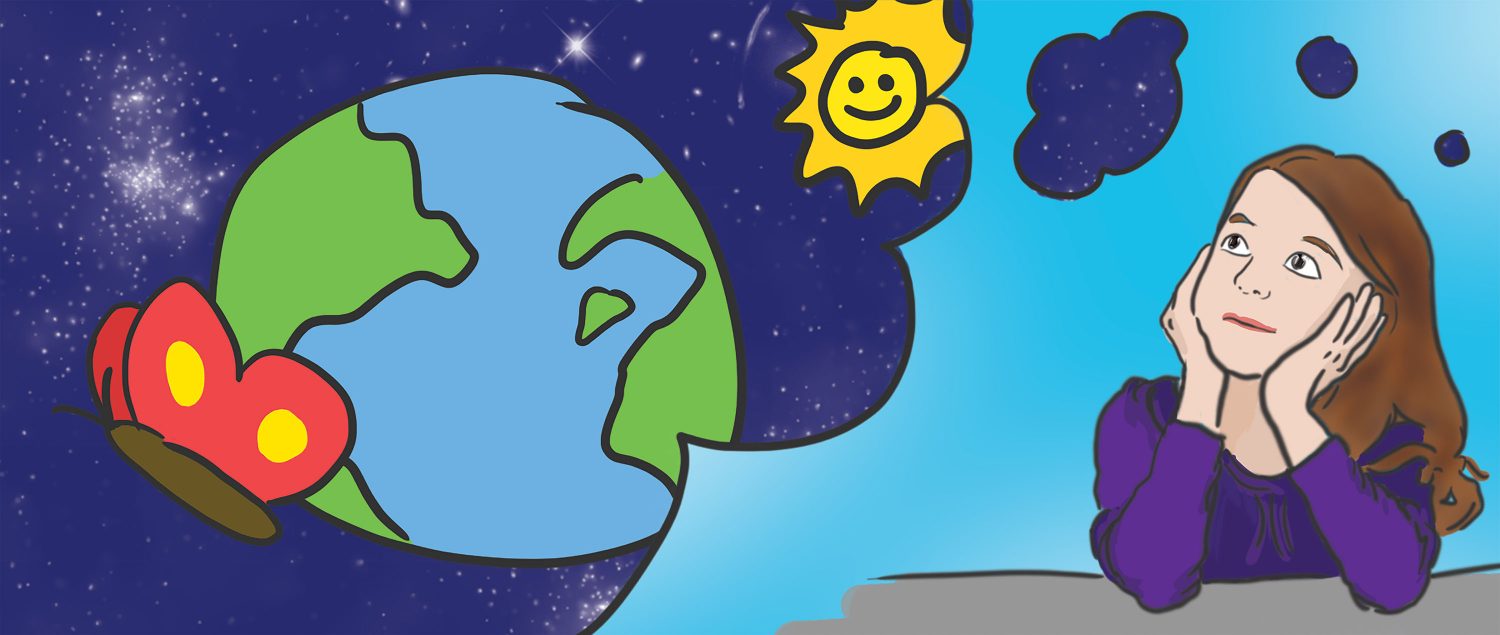Shedding light on idealism

Idealism has a very bad press. Idealism is seen as innocence ignoring great moral evil, naiveté allowing wickedness. Idealism is seen simply as an empty vessel.
We slouch toward cynicism as we view the general state of our world, with unfortunate good reason. The only antidote for such cynicism is to re-affirm our goal of sticking with or of returning to idealism.
Admittedly, the task of identifying and pursuing our aspirations is made difficult by the tangled skeins of individual effort and coincidence which often influence how we work out our destinies. In our complex lives, we do face many uncertainties.
Uncertainty is one of the central themes of Ann Beattie’s fine novel Picturing Will. The novel is about the vulnerabilities of children and the concerns of parents who struggle to raise them. It is a meditation on the ways our lives are shaped by random accidents and the puzzling vagaries of fate.
In the novel, the father’s conclusion (as well as, perhaps, our own) is that lives are shaped by unpredictable contingencies. They simply happen. Sometimes they provide exquisite joy. More often they condemn us indiscriminately to existential anxiety.
While we cannot know what boons or banes the future may hold, we want to believe that we can set a reliable course for ourselves and for those we love.
Some of us pursue power, success, riches and fame, hoping these will protect us against the vicissitudes of life and the rather colossal indifference of the cosmos.
We know, however, that these do not endure. The most effective protection against the contingencies of life are the values that appeal to the best in our natures and center us securely in the rather turbulent ocean of fate. Foremost among these values is idealism.
In my conversations with university students for over 56 years of teaching, I have been struck by how many need to identify with role models—family members, friends or others—men and women whose conduct of their lives reflects my students’ most selfless aspirations.
If our goal is to make a buck or two, accumulate things, acquire stock certificates, a Porsche, or aggressively peddle advertisements for ourselves, in our world, such role models abound.
But the melancholy, grey, and uninspired existence they suggest and the falsely attractive goals they urge us to seek, cannot be about the ultimate glory of life.
Looking for role models, we cannot do better than to emulate men and women who are idealists. Idealists are people inspired by something much larger than themselves and driven by a transcendent force—a moral imperative to imagine a world much better than the world they found.
These are people animated by principles, who dedicate their lives to fortifying the spirit and improving the lot of the many other people who edge toward the abyss of hopelessness. They are people who sail against the wind, who persevere despite setbacks or ambiguous successes.
Matthew Arnold once wrote: “Life is not a having and a getting but a being and a becoming.” Idealists are known by their deeds and by the love and purpose that animate their altruism.
Many of us regard life as beginning only after we pass some future milestone. For many of us, this is after we have graduated from university.
But life is not what happens after we pass some important milestone. Life is what we are doing right now.
Idealism is that which does justice to our dreams.


